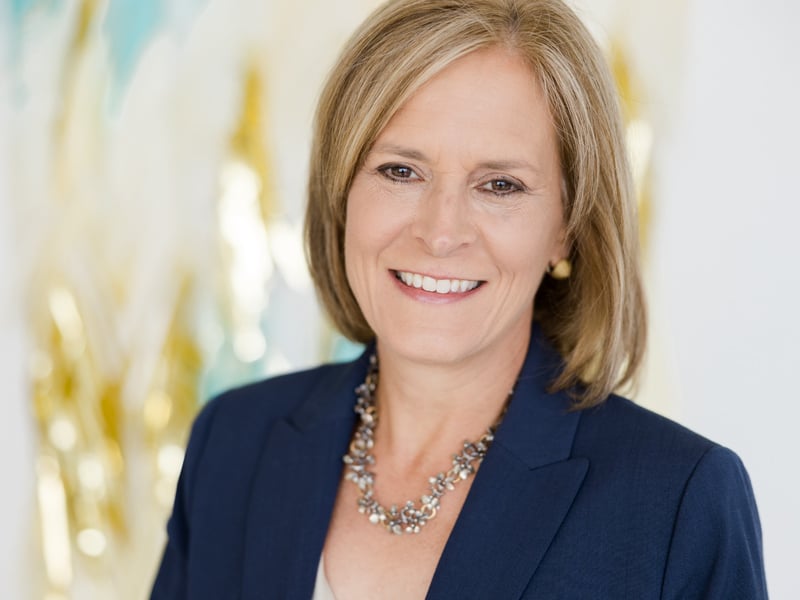My first response after reading this book was,“This guy doesn’t waste a word!” In 182 pages, Tim Hein addresses some of the most pressing and complex issues related to childhood sexual abuse, while also sharing from his own journey. Tim’s official role is that of minister at Malvern Uniting Church and the director of discipleship at Uniting College in Australia. More importantly, both Tim and his wife, Priscilla, are survivors of childhood sexual abuse.
The focus of this book is to help Christian leaders have a practical understanding of how to minister to sexual abuse survivors. The author doesn’t try to make you an expert but provides a thorough overview of what will equip you to be a compassionate source of healing and advocacy for this often overlooked population. I have read 300-page books that cover the topics of each one of his chapters. Tim does a phenomenal job of selecting and clearly communicating the most essential components of understanding brain trauma, becoming a safe place to disclose, the journey of healing, and the complexity of forgiveness and justice. Through his personal story of anguish and recovery, Tim guides the reader in navigating questions like, “Why would a good God have allowed this suffering?” and “Is it wrong to want revenge?”
What I love the most about this book is the author’s consistent approach toward integration. For a survivor of sexual abuse, integration is a powerful word because healing involves the integration of the abuse experience within a person’s sense of self and life story. It is significant that Tim Hein models different aspects of integration throughout this small, powerful resource.
The integration of theology and psychology.
Most Christian books about sexual trauma have a clunky relationship between psychology and the Scriptures. The authors often seem to be working too hard to make one fit the other (or they allow one to dominate at the expense of the other.) Tim’s knowledge of trauma science is evident and seems to seamlessly flow with his intimate knowledge of God as his Healer and Redeemer. Without saying it, Tim models a beautiful integration of God’s power revealed in Scripture, creation, and healing personal relationships.
The integration of his story with teaching.
Each chapter begins with a vignette from Tim or Priscilla’s healing journey, without sugar coating the pain and struggle of the personal road of recovery. Then at some point in each chapter, Tim “looks the reader in the eye” and gives wise counsel on how to learn from his experience. Many Christian leaders shy away from telling their stories, particularly their struggles to forgive, their anger, and their depression. They fear that telling the raw and messy truth of their journey may invalidate them as leaders. Others get so lost in their own pain that they miss the opportunity to teach others from what they’ve experienced. Tim strikes a beautiful balance of modeling Henri Nouwen’s “Wounded Healer.”
The integration of theory and practical application.
There is a certain amount of science and theology a person must understand to know how to compassionately respond to childhood sexual abuse. For example, it’s critical to know why a person may recall a memory of abuse twenty years after it happened. And understanding a basic theology of suffering will keep you from panicking when asked a question about God’s goodness. But all of that information will not ultimately equip you to know how to respond when someone’s life is falling apart in the wake of sexual abuse. Tim gives you the basics you need to know from respected scientific and theological scholars, but he never gets lost in the weeds of theory. He quickly moves to practical applications like what to do when someone discloses abuse to you and the importance of avoiding simplistic sermons about complex topics like forgiveness.
Understanding Sexual Abuse* is one that I will keep on my bookshelf and gladly recommend to any Christian who wants to be equipped to minister to this vulnerable population.
What to Watch Next: Why Christian Leaders Must Understand Sexual Trauma, Ask Anything: Interview with Tim Hein
*This is an affiliate link. AI may earn referral fees from qualifying purchases.

